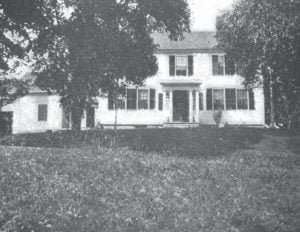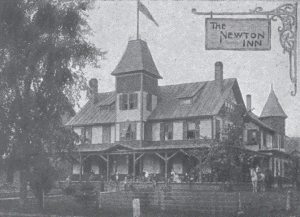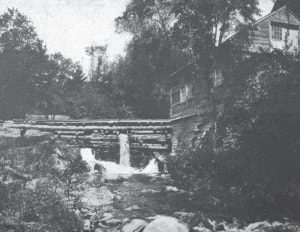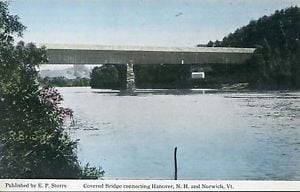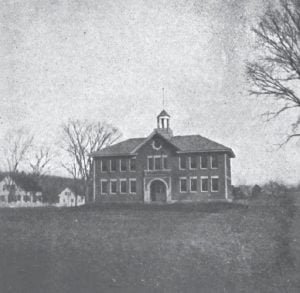Norwich as a Province of New Hampshire
“George the Third by the Grace of God, of Great Britain, France and Ireland, King, Defender of the Faith, etc. To all Persons to whom these Presents shall come, greeting, Know ye, that We of our special grace, certain knowledge and mere motion, for the due encouragement of settling a new plantation within our said Province, by and with the advice of our trusty and well-beloved Benning Wentworth, Esq., our Governor and Commander in Chief of our said Province of New Hampshire, in New England, and of our council of said Province, have upon the conditions and reservations hereinafter made, … Read more

